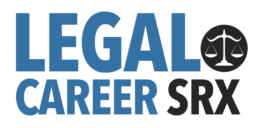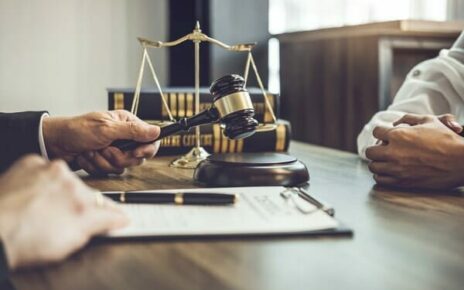Facing criminal allegations is one of life’s most stressful situations. Your reputation, livelihood, freedom, and future hang in the balance. Such high stakes naturally motivate seeking out the best legal representation affordable to defend your case. This makes properly vetting and selecting your criminal defense attorney the most critical decision you will ever make. Beyond simply choosing an attorney with proven experience, favorable online reviews, and adequate Google results, you must go deeper. Conducting comprehensive background checks and due diligence is essential for revealing any red flags, competency gaps, account discrepancies, ethical questions, or lack of appropriate judgment before entrusting your life’s most vital legal matter in an attorney’s hands.
Scrutinize credentials
The starting point background review of any criminal lawyers Blacktown candidate involves verifying credentials. Check that the attorney holds an active license and remains in good standing with no past disciplinary problems by contacting your state bar association. Also, verify the accuracy of the lawyer’s stated experience, education, honors, awards, speaking engagements, publications, and membership associations by visiting profiles on LinkedIn, legal databases, and professional society websites for corroborating details.
Search public records
Digging further, search local court records and legal filings for records associated with the lawyer’s name and firm. Look for bankruptcies, tax liens, foreclosures, criminal charges, divorce, and child support disputes, restraining orders, lawsuits against the attorney, traffic violations, and instances where they faced contempt of court sanctions. Such public record trials frequently reveal financial stress, personal instability, rash behaviors, and underlying character issues that could spill over into poor client legal representation.
Review news archives
Expanding your background check, scour old digital newspaper archives for any news articles quoting the defense attorney you are researching, especially those covering past cases they defended locally. Study remarks made and language used for perspectives into how media-savvy, eloquent, and disciplined they come across regarding sensitive legal matters with public implications. Also, examine their digital footprint across social media platforms for appropriate levels of privacy, discretion, and professionalism.
Verify technical resources
Be certain when interviewing prospective criminal defense counsel that you discuss at length the technical resources utilized daily to mount the strongest case, such as digital forensic tools, analytics for reviewing prosecution evidence, jury selection databases, DNA experts, private investigators, researchers, legal technology applications, data encryption methods, and offsite backups to safeguard sensitive case files. Posing detailed prepared questions shows you take these capabilities seriously and also illuminates each firm’s strengths and limitations.
Probe case results
Compile data from legal industry rating platforms on your prospective attorney’s past case statistics like charges dismissed rates, plea deal terms averages, trial win percentages, appeal success counts and comparable metrics assessing effective outcomes secured historically. Patterns of underperformance betray larger issues winning favorable case resolutions consistently across different judges, prosecutors, and venues. Dig deeper then into why efficacy proved lacking at times if red flags appear underperforming industry averages. Spend time investigating deeper beyond surface qualifications before finally designating counsel trusted fully upon bonding your legal fate and future together for the long complex haul looming ahead.





